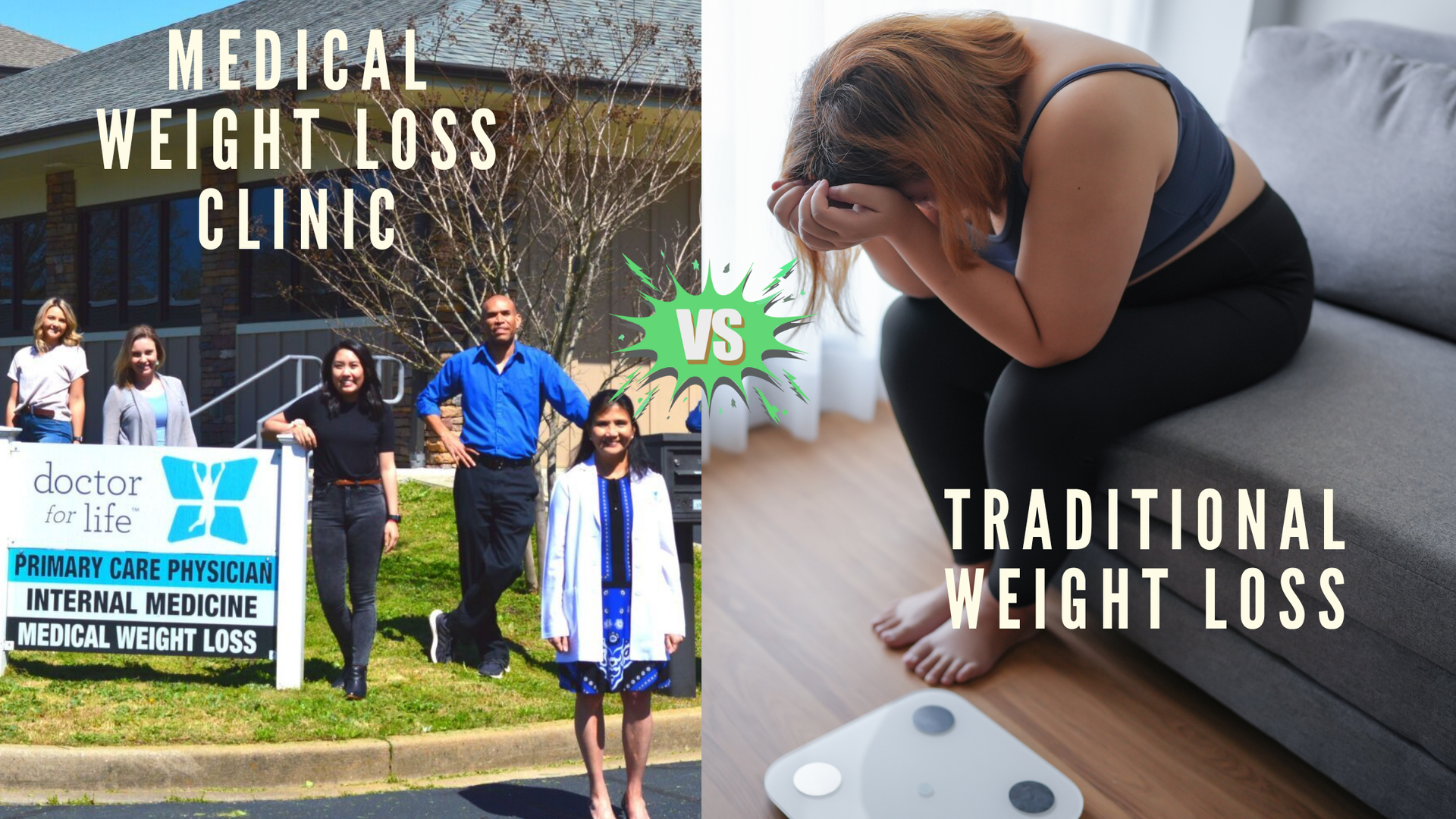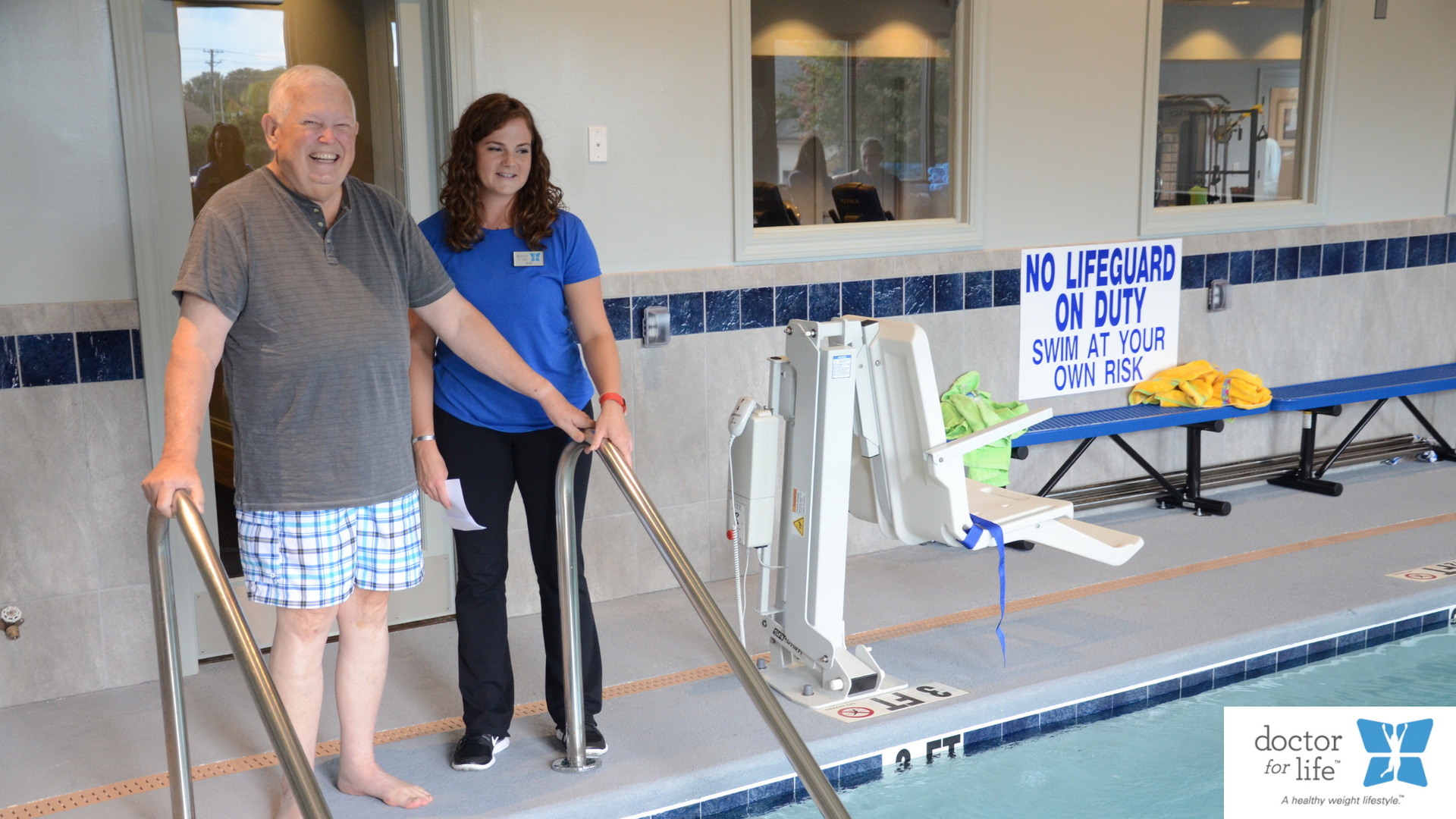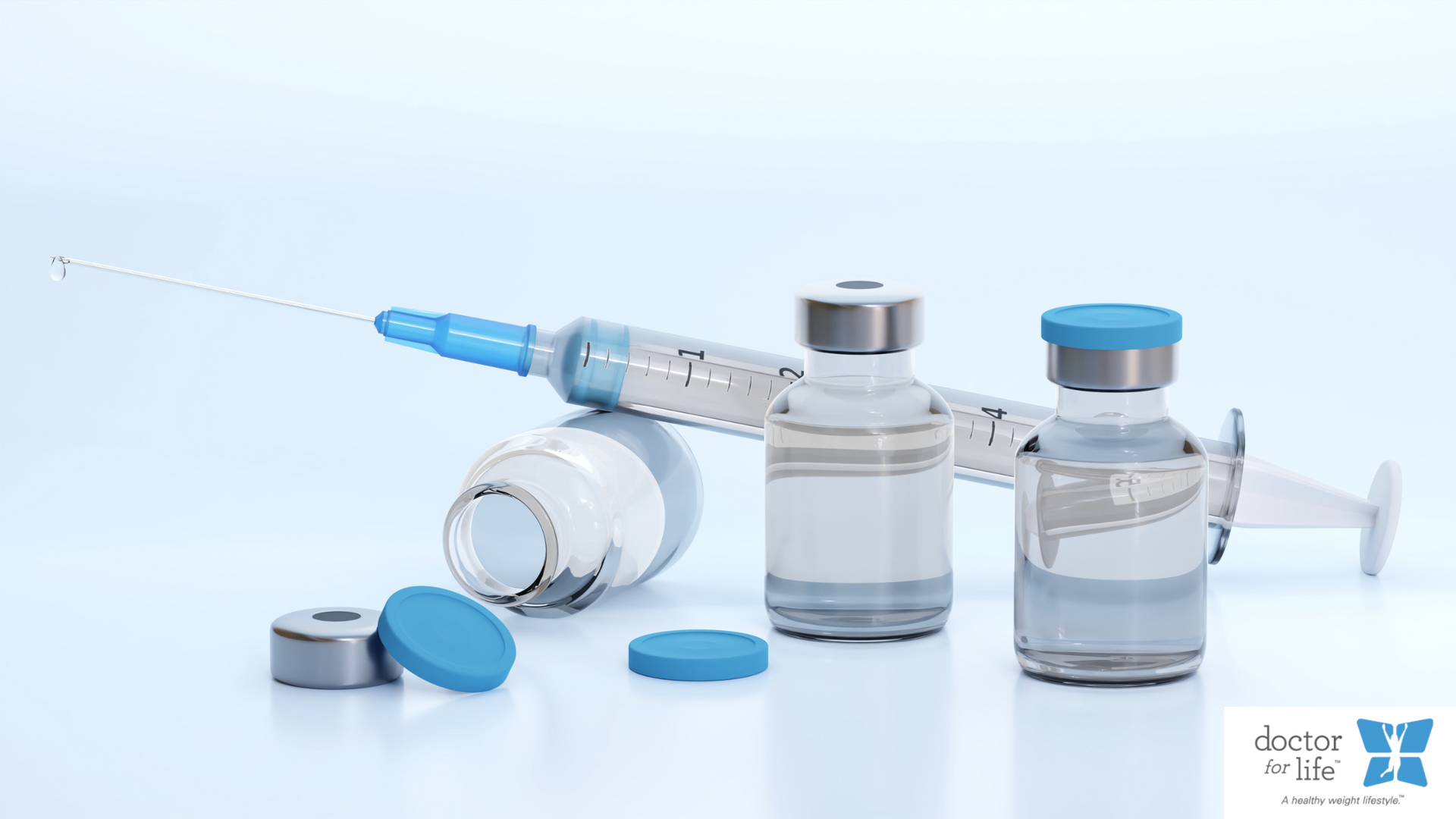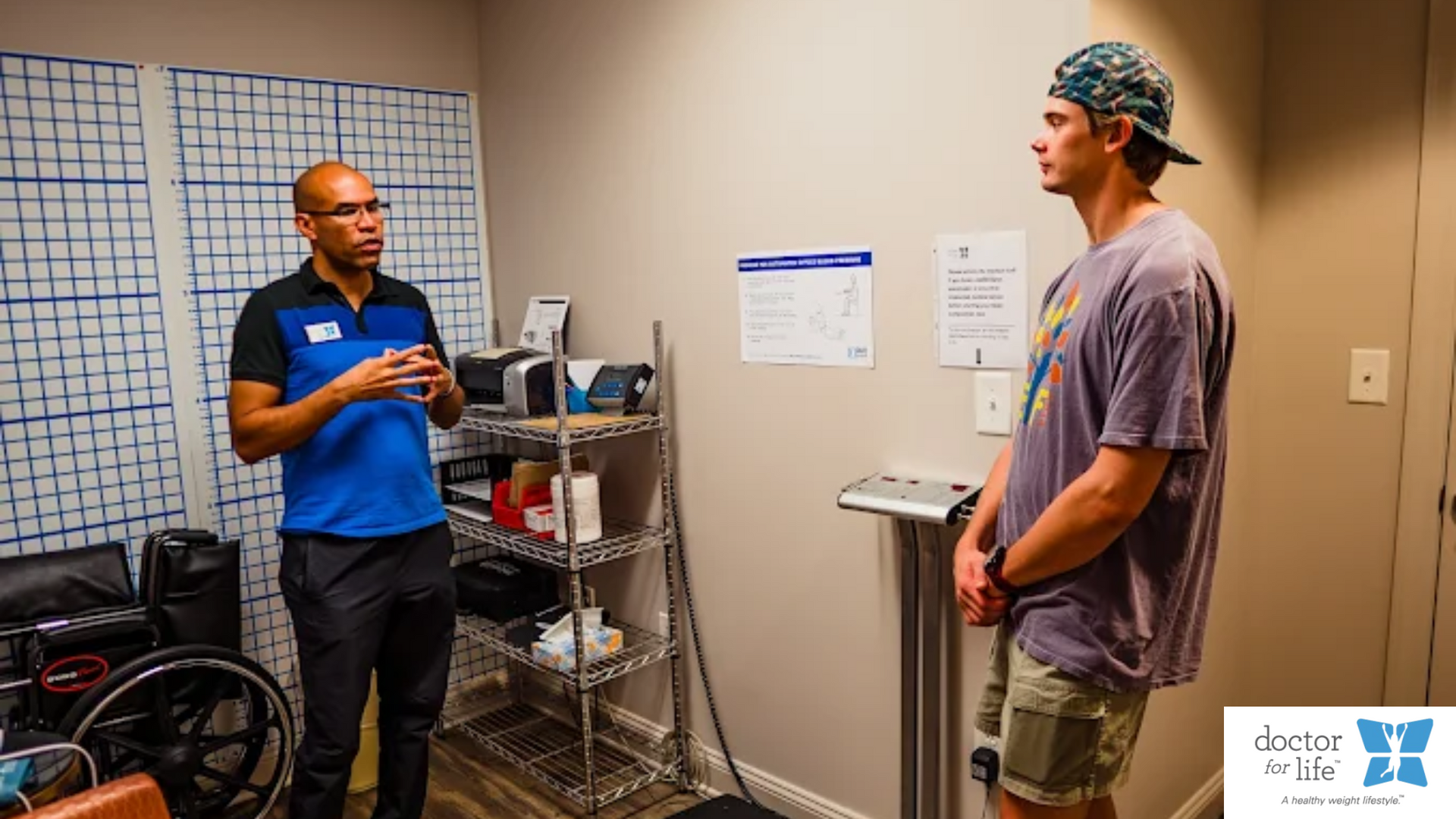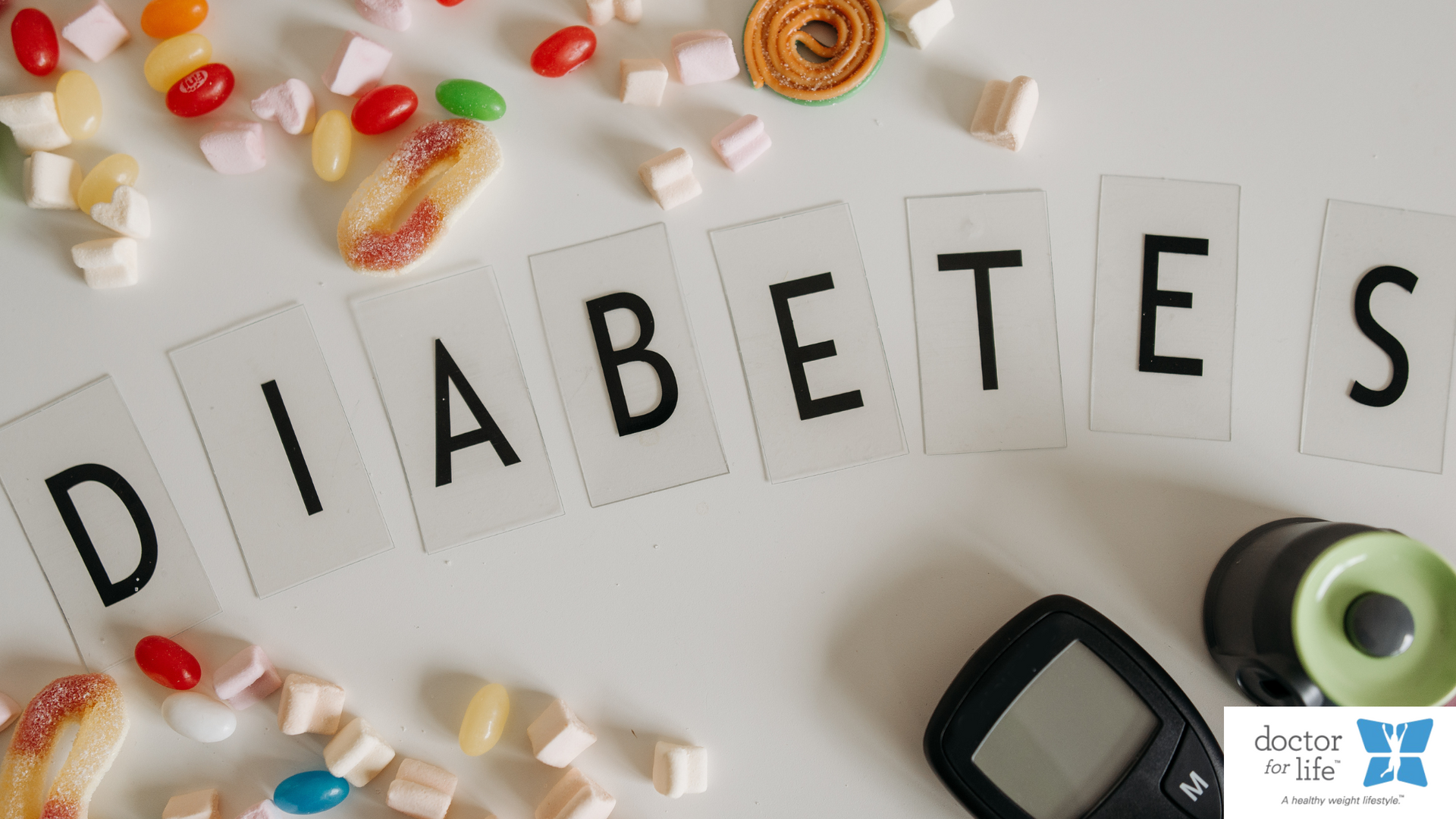Sleep is the best Meditation
Cheryl Sarmiento, MD • August 28, 2021
“True silence is the rest of the mind, and is to the spirit what sleep is to the body, nourishment and refreshment.” — William Penn, Politician

How Lack of Sleep impacts your Health?
For some, people wear it as a badge of honor that they can get by on not enough sleep. But many people say they can’t get enough sleep because they’re too busy and need to get too many things done. Others are sleep-deprived for a medical reason – they may have sleep apnea, a condition where the muscles in the back of the throat close up at night when they’re sleeping and the body gets deprived of oxygen temporarily. This causes someone to wake up gasping for air, sometimes five or six times a minute. Not only will this make the person more tired and possibly lead to weight gain, but it also increases risk of cancer and other diseases. This is because the body does not get the chance to go into the deeper sleep called REM (rapid eye movement), when the immune system can do surveillance and destroy cells that may lead to cancer.
Sleep deprivation can cause people to develop metabolic syndrome, a cluster of conditions that may include insulin resistance, hypertension, morbid obesity and hyperlipidemia. Poor sleep is linked to diseases like Alzheimer's, cardiovascular disease, stroke and diabetes. And if you go untreated with a sleep disorder like sleep apnea, you're more likely to get many of these illnesses. This all adds up to a real health crisis. Did you know about sleep's impact on your mental states? Poor sleep makes us make risky, rash decisions and is a drain on our capacity for empathy. When sleep deprivation literally makes us more sensitive to our own pain, it's not so surprising that we have a hard time relating to others and just generally being a good and healthy person when we're sleep-deprived.
Quality of sleep:
Many scientists believe the most regenerative stage of sleep is deep sleep. There are three stages of sleep: light sleep, rapid eye movement or REM and deep sleep. In light sleep and REM, our brain waves are very similar to our brain waves in waking life. But our brain waves in deep sleep have these long-burst brain waves that are very different from our waking life brain waves. These long-burst brain waves are called delta waves. When we don't get the deep sleep we need, it inhibits our ability to learn and for our cells and bodies to recover. Deep sleep is how we convert all those interactions that we make during the day into our long-term memory and personalities. As we get older, we're more likely to lose these regenerative delta waves. So in way, deep sleep and delta waves are actually a marker for biological youth.
Optimal sleeping time:
Studies show that people who don’t get at least seven hours of sleep a night put themselves at higher risk of developing insulin resistance and tend to weigh more than people who get more sleep. For example, the Quebec Family Study published in the journal Sleep in April 2008 showed that study participants who slept for 5-6 hours a night gained 88 percent more weight over six years than people who slept seven to eight hours a night. Interestingly, the people who slept more than 9 hours a night also gained 71 percent more weight, enough to suggest there may be an optimal sleeping time to prevent obesity. Why would this be? There are several possible reasons:
• Getting an adequate amount of sleep puts the body into a better hormonal balance.
• People crave carbs if they don’t sleep well at night and overconsumption can lead to excess weight.
• Not getting enough sleep can make people too tired to exercise.
What if you can make your sleep more efficient?:
• Stick to a sleep schedule. Try to go to bed and get up at around the same time every day, even on weekends. This can help you fall asleep more easily at night.
• Don’t eat or drink large amounts before bedtime. Try not to eat within two hours of sleep. If you often have heartburn, avoid spicy or fatty foods that could affect the quality of your sleep.
• Get regular exercise. Aerobic exercise can help you fall asleep faster and have a more restful sleep. Just be sure to avoid exercise within two hours of going to bed.
• Use bedtime only for sleep and sex.
Avoid working or watching the news, movies while in bed
• Start a relaxing bedtime routine. Do the same things each night to let your body know it’s time to wind down. This could include reading a book, listening to music, sound waves or taking a warm bath or shower 90 minutes before you go to bed.
• Stimulants e.g alcohol and nicotine, even some of your medicines may affect your sleep. Try switching the times when you take these.
If you’re sleeping at least eight hours a night and still feel fatigued, talk to your doctor about being tested for sleep apnea – an overnight sleep study is the best way to diagnose this condition. At Doctor for Life, sleep medicines are also prescribed but only if necessary.

